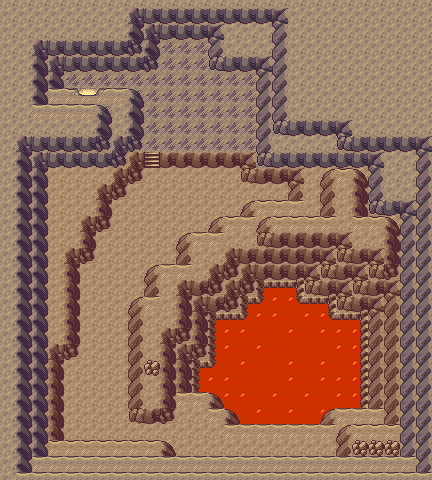

- #Pathless plain pathless how to#
- #Pathless plain pathless movie#
- #Pathless plain pathless software upgrade#
- #Pathless plain pathless upgrade#
They may only have played a game once, but if it’s a mainstream game, that’s still 20, 30, or 40 hours of their time. Having had a chance to conduct and attend concerts all over the world, I’ve noticed that the average gamer, who would not consider themselves a hardcore soundtrack nerd, will show up to a concert of video game music.

Is game music doing more than any other musical form to break traditional listening patterns?Ībsolutely. But there are amazing scores written in a more linear way, so there’s no inherently better approach.īrain Eno once said he was convinced that his grandchildren would be stunned that we used to listen to the same piece of music repeatedly. If you’re coming at it from a film or classical perspective, those possibilities might be intimidating. For someone like me, who’s single-mindedly obsessed with that approach, the new technology just means I can run faster and jump higher. Our music has become less linear in ways that defy what music has traditionally been for several thousand years. But games composers have become more granular. They want to write a piece of music that has a beginning, middle and end. I say this non-pejoratively, but some composers are very traditional in their thinking.

Does having multiple, overlapping music feeds make the composer’s job harder or easier, knowing that the technology can interact with your music in new ways? Kristin Naigus, here playing a ney in Abbey Road Studio 2, is one of the score’s most featured musicians. And of course, the new Playstation and Xbox are unbelievable pieces of machinery. I couldn’t have dreamt of that, even a few years ago. There are cues in the score with ten different audio streaming channels that move around and flip upside down in real-time, all handled by the middleware Wwise. Now, The Pathless has shipped on PS5 and iOS.
#Pathless plain pathless how to#
So the music had to be pretty nimble, and it was a real challenge to figure out how to do that while relying on hard crossfades.

I was trying to write an interactive score with a lot of branching levels. It was limited to just three simultaneous audio channels: dialogue, sound effects and music. Years ago, I did a game that was one of the first mobile games to record a live orchestra: Horn for Phosphor Games. But what’s possible has changed so much in such a short time.
#Pathless plain pathless upgrade#
And the upgrade broke all of the sound, which had to be rebuilt pretty frantically at the eleventh hour.
#Pathless plain pathless software upgrade#
On Journey, there was a major software upgrade to the primary music tool we were using two-thirds of the way through the project. It can be frightening to implement unproven new tech in the middle of a game’s development, with all of its undiscovered bugs and instabilities. Most of the time, the really interesting advancements are only enjoyed on the next game, rather than applied to a project you’re writing currently. During a project, a gaming console’s hardware capabilities could be upgraded significantly. And The Pathless is a good example over its development, the scope of the game expanded considerably, and I had to make sure the score could commensurately expand as well. What might start with ‘45 minutes of music will do the trick’ becomes three hours of music. There’s a hard limit on the amount of music you might potentially be writing, whereas even small games can be nebulous. I love scoring television and film for their short-term, hyper-focused nature. I think if you asked a runner, ‘what’s better, a marathon or a sprint?’, alternating between the two is perhaps the ideal. Even as a composer, you’re able to be part of the development team, and I love that environment it’s almost like being in a band. What’s wonderful about games is getting involved early.
#Pathless plain pathless movie#
The movie gestation period is actually not that much shorter than games – it’s just that the composer isn’t involved until near the end. How do you manage those differences, both compositionally and emotionally?Ĭertainly, compared to episode-to-episode TV, games take much longer. Compared to TV shows and films, a game soundtrack’s gestation period is long and constantly evolving.


 0 kommentar(er)
0 kommentar(er)
